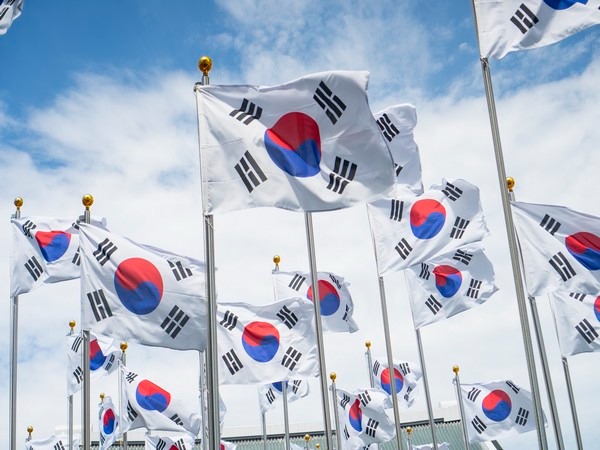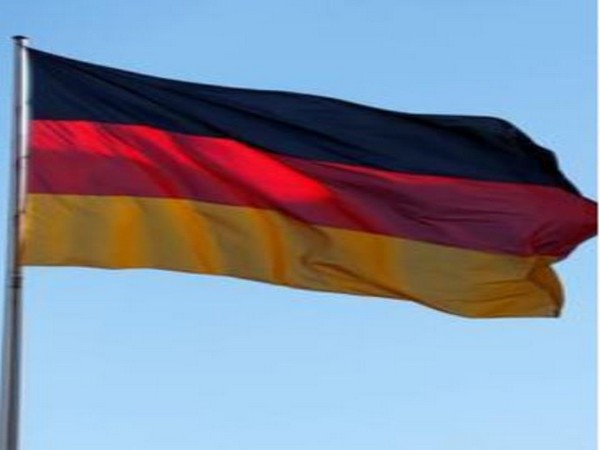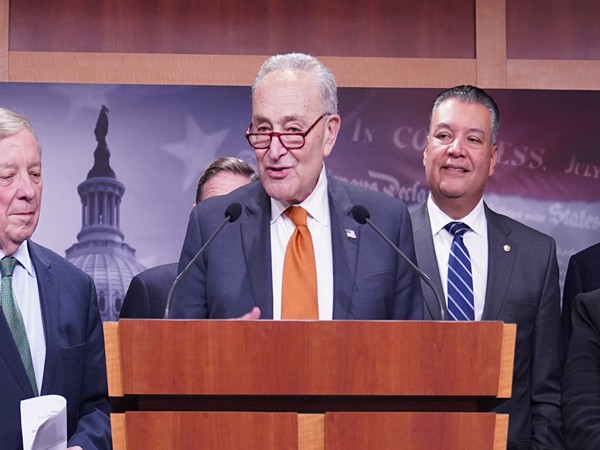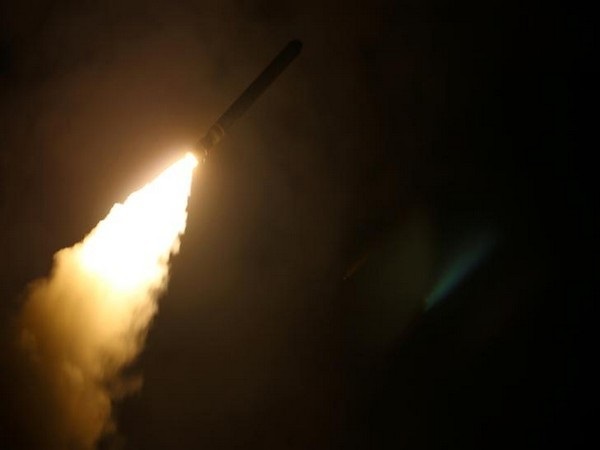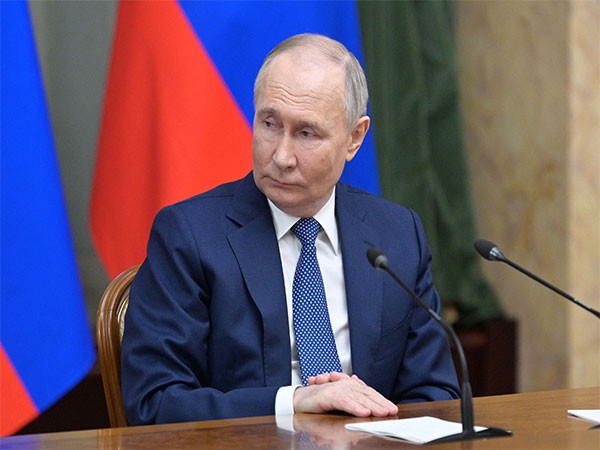US increases firepower in Asia-Pacific
Nov 28, 2024
Washington [US], November 28: Recently, the US has continuously stepped up the deployment of powerful firepower in both Northeast Asia, Southeast Asia and the western Pacific region .
The US Indo-Pacific Command announced on November 26 that it had just dispatched the Virginia-class nuclear submarine USS Minnesota (SSN 783) to station at the US military base on Guam Island in the western Pacific .
Strengthening the Pacific
This is a nuclear-powered submarine. On the same day, November 26, the Chinese military said it had dispatched naval and air forces to monitor and warn a US Navy patrol aircraft flying over the Taiwan Strait, accusing Washington of trying to "mislead the international community". The US Navy's 7th Fleet said a P-8A Poseidon maritime patrol aircraft flew over the strait "in international airspace", adding that the flight demonstrated the US commitment to a free and open Indo-Pacific region.
Responding to Thanh Nien on November 27, Professor Stephen Robert Nagy (International Christian University - Japan, scholar at the Japan Institute of International Studies) analyzed: "Submarines are considered the most powerful naval weapon with the highest "stealth" efficiency of the US. Nuclear submarines are identified as an important factor for effective deterrence in the Indo-Pacific and have extremely large attack capabilities. Nuclear submarines are the core tool to minimize China's blockade/anti-access systems".
"Washington understands that deterrence requires a high level of 'stealth' and effectiveness in deployment to ensure that the Indo-Pacific does not become a region dominated by a 'might makes right' approach. For Southeast Asian countries , US submarines provide deterrence without being as stressful as regional freedom of navigation patrols or large-scale exercises," said Professor Nagy.
Strengthening missile posture
On November 26, the South China Morning Post reported that the US deployed the M142 High Mobility Artillery Rocket System (HIMARS) to Japan's Nansei Island. This location is close to the islands of Taiwan. Quite famous in the Ukrainian battlefield, HIMARS is also capable of launching ATACMS missiles (with a range of up to 300 km) and not just firing conventional rockets.
Previously, Kyodo News Agency reported on November 24 that Japan and the US are working towards drafting a joint military plan to respond to an emergency in Taiwan, including launching missiles.
Since 2022, the US has also deployed HIMARS systems in the Philippines for exercises. Most recently, in August, the US and the Philippines conducted a joint exercise at a base in the Philippines facing the East Sea. During this exercise, the US fired HIMARS in a defensive scenario that included a possible conflict in the East Sea that threatened the sovereignty of the Philippines. Recently, the US also revealed the deployment of medium-range missile systems in the Philippines. Thus, Washington has deployed missile resources in both Northeast Asia and Southeast Asia.
Responding to Thanh Nien yesterday (November 27), Dr. Satoru Nagao (Hudson Research Institute, USA) analyzed: "HIMARS can launch ATACMS with a range of 300 km and is capable of anti-ship, which is very useful. Around Nansei Island, there are straits where the Chinese navy regularly operates. Japan is also increasing missile deployment in this area."
This expert further analyzed: "From the perspective of military strategy, the military setup here has two types of forces. That is the frontline force and the mobile force. If a conflict occurs, Japan, Taiwan, and the Philippines can directly confront mainland China, the US can strengthen the rear from Guam, Hawaii... and be ready to support when needed. In terms of military theory, this is an effective way. But from the perspective of frontline countries like Japan, this country wants the US to be ready to coordinate at the frontline. That is why Tokyo wants Washington to deploy firepower on Nansei Island".
"Beijing is strengthening its missiles. Washington needs medium-range missiles or higher in Japan, Taiwan, and the Philippines to ensure response to conflict risks. This HIMARS deployment could be a step toward deploying medium-range missiles in Japan. In the Philippines, the US has deployed medium-range missiles," Dr. Nagao further analyzed.
Source: Thanh Nien Newspaper

